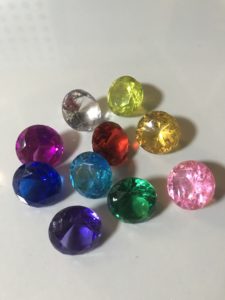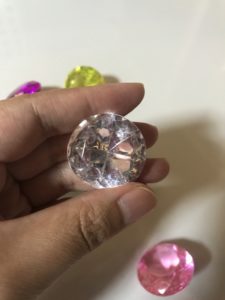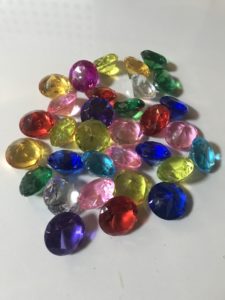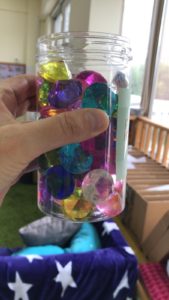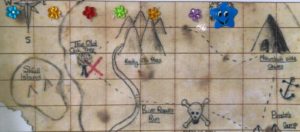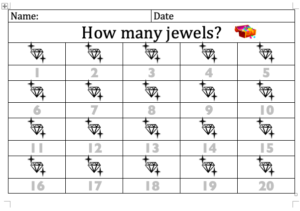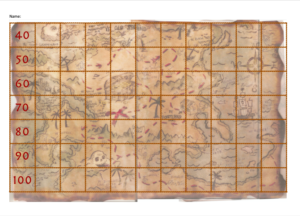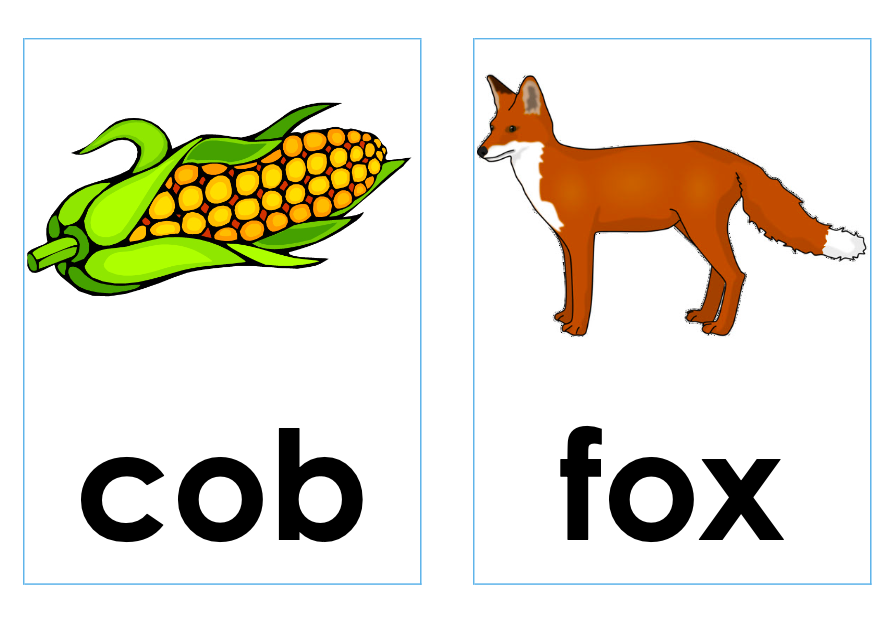The modal verbs are can, could, may, might, must, ought to, shall, should, will, and would. Dare, need, have to, and used to also share some of the features of modal verbs.
I can play the piano.
He can play the piano.
Could you open the door, please?
can do / can play / can come etc.)
I can do.
I can’t (cannot) do.
Can I do?
I can do something = I know how to do it, it is possible for me to do it.
be able to: will be able to / perfect tenses
I haven’t been able to get much work done today.
She’d love to be able to play the piano.
For the past (yesterday / last week etc.), we use could / couldn’t
Could is used to talk about what someone was generally able to do in the past:
Can you … ? Could you … ?
when we ask people to do things:
Can you open the door, please?
Could you open the door, please?
Can I have … ? Can I get … ?
to ask for something
Can I … ? Could I …? = is it OK to do something?
Can I sit here?
May I … ? = Is it OK to …? / Can I …?
May is is used as a polite and fairly formal way than Can.
must + V (must do / must work etc.)
I must (do something) = I need to do it:
For the past (yesterday / last week etc.)
We use had to … (not must)
mustn’t (= must not)
I mustn’t (do something) = it is necessary not to do it, it is the wrong thing to do:
You mustn’t touch the pictures. (= don’t touch the pictures)
I don’t need (to do something) = it is not necessary:
You can also say do’t have to … :
don’t need to
You don’t need to go. You can stay here if you want.
mustn’t
You mustn’t go. You must stay here.
Complete the sentences. Use mustn’t or don’t need to + these verbs:
forget
go
lose
phone
rush
wait
1. I don’t need to go, home yet. I can stay a little longer.
2. We have a lot of time. We …………………………
3. Keep these papers in a safe place. You…………………………
them.
4. I’m not ready yet, but you …………………………
for me. You can go now and I’ll come later.
5. We ………………………… to turn off the lights before we leave.
6. I must contact David, but I ………………………… him. – I can send him an email.

